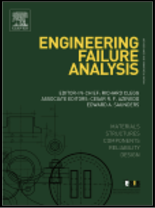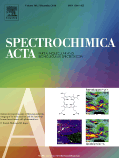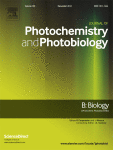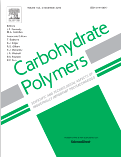 A journal has retracted a paper examining the traits of drought-resistant tomatoes after an investigation at the first author’s institution in Italy found a number of problems.
A journal has retracted a paper examining the traits of drought-resistant tomatoes after an investigation at the first author’s institution in Italy found a number of problems.
For starters, the first author — Maria Riccardi of the National Research Council of Italy-Institute for Agricultural and Forest Systems in the Mediterranean (CNR-ISAFOM) in Ercolano, Naples, Italy — apparently submitted the paper without consulting the study’s four other listed co-authors. What’s more, according to the retraction notice in Scientia Horticulturae, the paper’s description of the experiment “does not reflect the real conditions under which the data was collected,” rendering the findings invalid.
Riccardo d’Andria, CNR-ISAFOM’s former director who conducted an investigation into the case, said Continue reading Tomato study didn’t get co-author okays, includes unreliable data

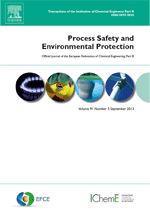 After five years, Elsevier has
After five years, Elsevier has 